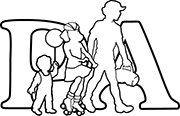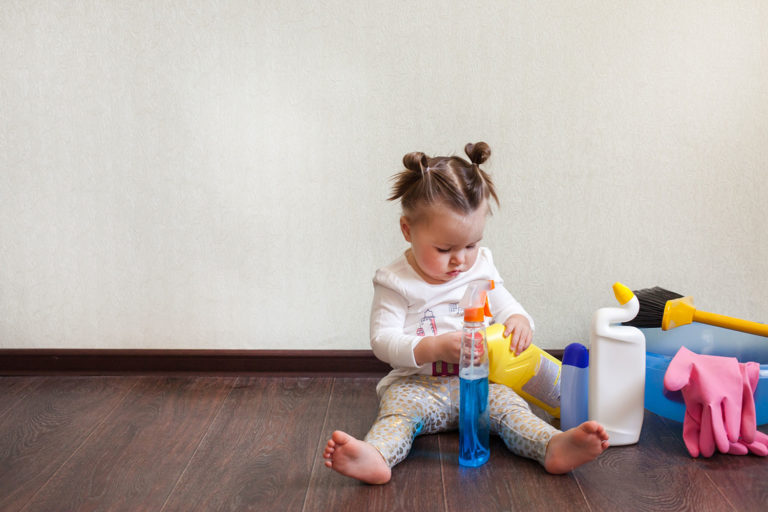Did you know that everything in your house is poisonous? If you think about it, anything at a high enough dose could be poisonous to your child. Even water, if taken in excess, could be poisonous to an infant. While I am deliberately overstating the risk, it is smart to think this way- be aware of dangers everywhere and protect them before problems happen.
We feel like we are good parents when we remove the rat poison from the shelf and move the bleach to the top shelf, but to be true protectors for our children we need to think of poisoning from everyday sources. The first step in creating a poison free environment for our children is to know a little bit about children and how they develop. Children develop a solid grasp of objects between four and six months and they begin to sit at 6 months as well. These two developments make picking things up off of the floor and putting them in the mouth much more likely. Therefore, after four months we should all be very aware of the risk of accidental poisoning in children and should be vigilant in protecting them from risk.
Children love shiny and colorful objects, and unfortunately pills are shiny, small and captivating. In many cases, one pill can be very dangerous to a child. Some examples are pills that older people take for their blood pressure or diabetes. But rather than try to memorize a list of very dangerous pills, assume that all pills are dangerous. Tylenol and aspirin are very dangerous, even though they are over the counter. Imagine how interesting these Tylenol pills look to an infant!
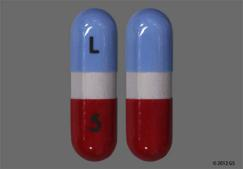
If you or a grandparent takes medication, it’s best to keep them in a locked cabinet at all times. Don’t assume that a childproof cap will keep a child from the pills. If you ever suspect that your child has taken a pill, immediately call the Poison control center at 1-800-222-1222. I highly recommended as you read this article you go to refrigerator with a sharpie and write that number on the refrigerator. Or by the phone. Or on the phone. It can be life-saving number.
In the old days syrup of ipecac was recommended for poisonings but these days usually it is not recommended, and the first step and the best step is to call 911 or poison control. Activated charcoal is available over the counter, but requires a child willing to ingest it- it is usually given at the hospital.
There are many plants that are poisonous. Some of the plants that we all really enjoy in our homes can be poisonous, again if a large dose is ingested. Pothos or philodendron is a very common plant that grows well inside houses, you’ve seen it a million times. But it’s very irritating, and could even be a poison at a high enough dose.
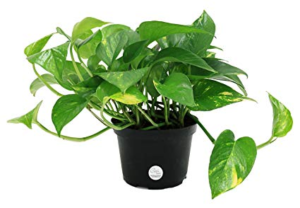
Don’t forget the garage! And under the sink! Get rid of all of that stuff and lock it up or at least put it high in a cabinet out of reach of small hands. Gasoline, liquid plumber, paints, solvents, cleaning agents, ammonia, it all has to go! Remember, it’s all about the dose, even with common objects.
And what about spiders and snakes? Most spiders are harmless, with most problems caused by the Brown Recluse, a tiny brown spider, and the Black Widow. The brown recluse is uncommon in Virginia, but Black Widows are more common than you think.
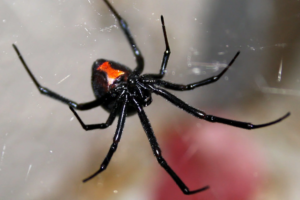
Spider bites worry most parents a great deal, but they’re very uncommon and most visits we see for “spider bites” are actually staph infections, and have nothing to do with spider bites.
If you see a spider that seems like a brown recluse or black widow that has bitten your child, you should take your child to the emergency room. If there’s a red infected looking circular area on your child, come see us at Pediatric Associates. It may not be a spider bite at all, but if it’s an infection we should see it.
Finally, snakes! While we all get the heebie jeebies when snakes are mentioned, in fact, snakes are less dangerous by far than the household poisons above. Most of the time, children with snake bites are sent home after observation only. The copperhead is our most common biting snake in Virginia, and likes to hang out under rocks and wood piles in the summer. If your child is bitten by a copperhead, you should take the child to the emergency room.
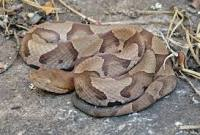
Rob Trundle, MD
